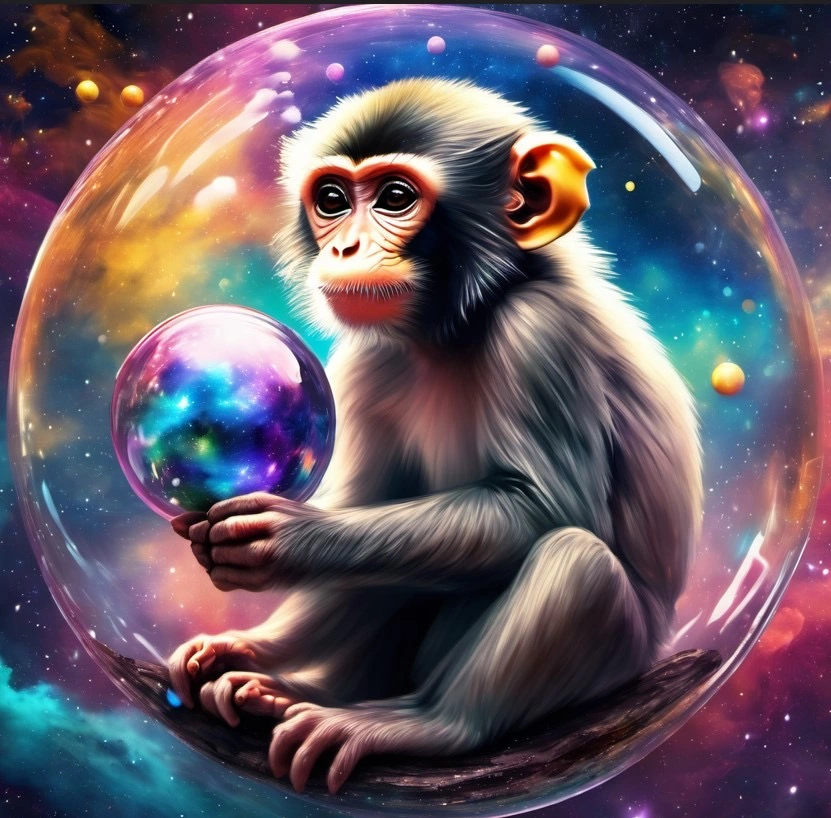I’m not so sure this is accurate, the Romans certainly knew of China at least, to them it was called Serica, and they believed in a Manifest Destiny myth that they would one day conquer it.
Which would have been fukkin’ wild if it did play out, I think by that point the capital would have moved to Samarkand or somewhere else in Central Asia just to be able to maintain regulation over the silk road.
And Tacitus described a people he called Fenni in northeastern Europe, and it’s been conjectured that he could have meant one of the Finnic peoples around the continental side of the Baltic.
I find it very a very romantic notion to have unknown areas on the world. Like some desert in the far south, beyond which might lie anything.
Fittingly, the term romance originally meant “to derive from a romantic language”, meaning mostly Latin which was spoken in the Roman Empire.
The texts in reference were largely about chivalry and such. Hence the modern connotations.
So like, romance refers to a time before the world was fully known. :)
We have that today with outer space. For all intents and purposes it is the new ocean, and so far we’ve only put a few skiffs in it.
Yeah, but it’s a lot harder to cross. Like, I could build a shitty boat from wood myself. A spaceship? Not so much. Especially not if it’s actually supposed to leave this gravity well.
It’ll eventually be more commonplace. Probably not build a raft level of simple, but eventually there will be common access.
I doubt we’ll get that far before running out of resources (especially oil, which is necessary for pretty much everything even though not necessarily directly for space travel) and/or climate change ends mass-scale industrial society. Long term space travel is incredibly hard and it has a ton of effects on the human body, and solving those problems will be pretty low on our priority list when shit really hits the fan
Regarding the problem of running out of oil, I look at it a bit like, “we are a plant (biological plant)”.
The plant starts in a seed, which provides it with nutrients (energy) as some kind of starting bonus. It can use these nutrients to develop itself and live, but it will recognize that at some point it will run out of calories and die. So it has to do something about it. What it does, is to develop leaves. These leaves collect the sunlight and this way, the plant has a constant and continuous source of energy/calories. So it can keep on living.
Society has a very similar problem. We have oil, but it is limited. We can use it to develop, but eventually we’re gonna run out of it. So we have to do something about it. Just like a plant, we develop solar panels to collect the sunlight, so we have a continuous income of energy. This way we can live waaay beyond the time of our starting bonus.
You can’t replace petrochemicals with sunlight, let alone convert everything that runs on some form of oil product into eg. electric - not nearly enough rare earths in existence, and hydrogen is not the solution either for the majority for a variety of reasons (starting from ridiculously low energy density to being absolute ass to store)



